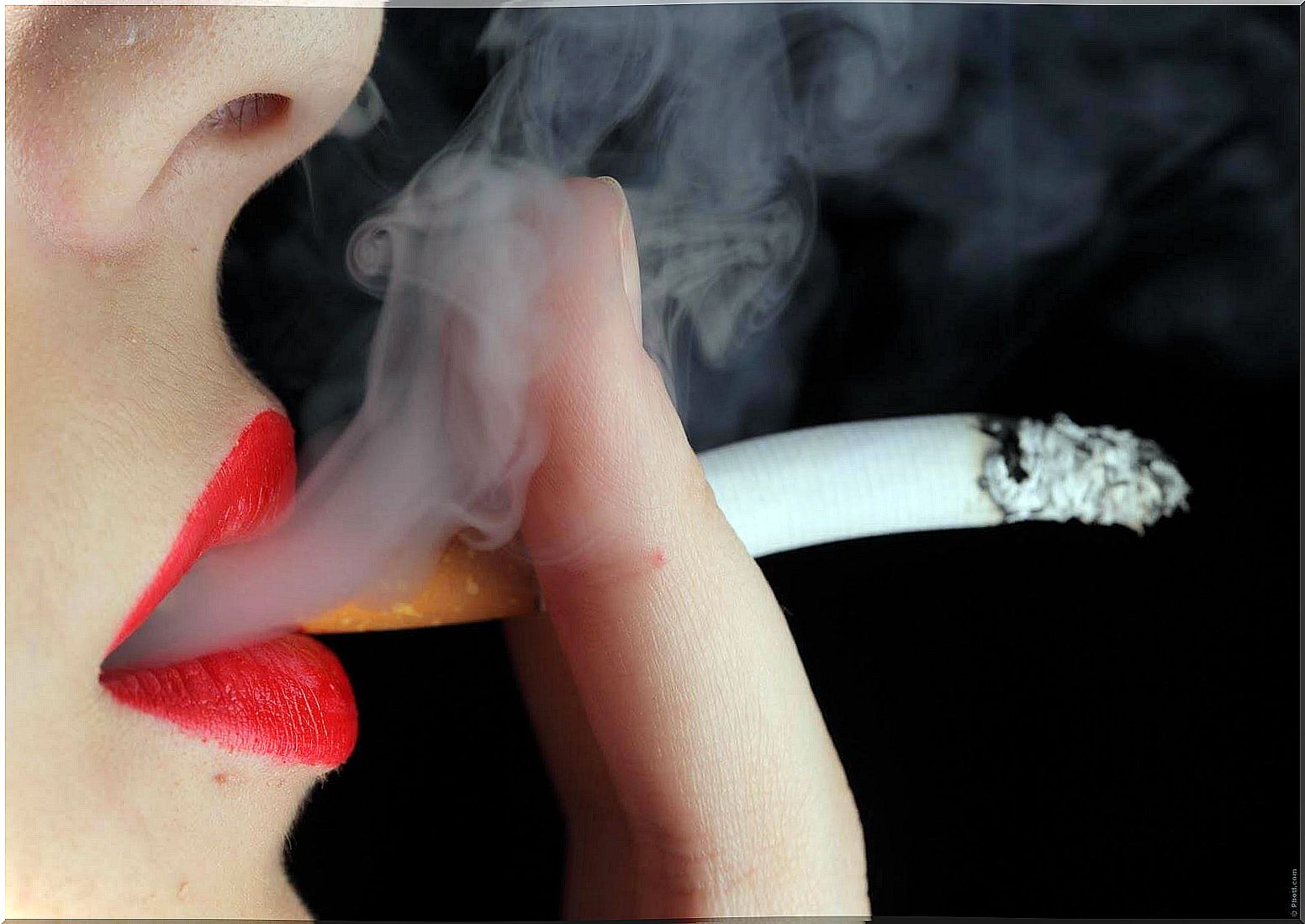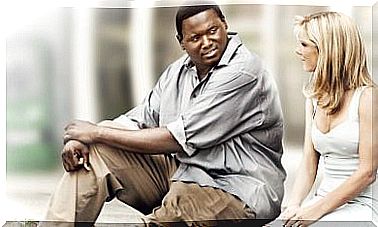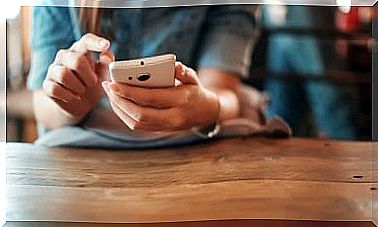How Do We Cover Up Our Emotions?

The so-called negative emotions are normally followed by certain behaviors or actions aimed at suppressing that emotional state. It is a strategy that we humans use a lot and that works very well in the short term, because it generates relief and frees us from the annoying physiological symptoms of emotions.
The problem is long-term, when the solution is only a patch applied quickly and running in the face of the pressing need to get rid of the problem. Precisely these behaviors are responsible for the problem being maintained over time and for, when we least expect it, the flimsy barrier that we have set overflows.
Some examples of these behaviors can be compulsive eating after an anxiety attack, desperately calling the partner if we have a jealousy attack to make sure where it is, taking drugs or gambling large amounts of money.
Tolerance of emotions
In psychology, we usually explain to patients – and make sure they understand it perfectly – that their behaviors, in addition to negative thoughts, are responsible for the problem surviving – either on the surface or below – and that Until you stop carrying them out, the emotional damage will hardly be integrated and the pain or discomfort will be cushioned.
People, as a rule, reject this theory because it is very difficult for them to tolerate the emotion, let it be, feel it. The symptoms are so unpleasant at times that we do everything possible not to feel unwell even though we are aware that later we may find ourselves in an even more delicate situation.

For example, there are people who are faced with a problematic situation, they get very anxious because their interpretation is usually too exaggerated and seen as terrible and unbearable and because of this they get into a hyper-carbohydrate binge.
Obviously bingeing is not going to solve your situational problem. In fact, it will create a new problem if the person gets used to carrying out that dynamic.
Thus, tolerating intense anxiety is more difficult than the alternative option of giving you a quick and ill-considered solution. In fact, the behavioral pattern with food against anxiety is sometimes so established that before you know it, the person is already exploring the refrigerator or cupboards to put something in their mouth.
The ideal would have been to carry out some alternative behavior with anxiety, such as deep breathing, analyze the problem well, look for solutions and alternatives, think more rationally and carry out the chosen solution, yes, tolerating that we can feel anxious .
Some ways to cover up emotions
At some point we have all covered up our emotions to suffer less, even if it is to obtain momentary relief. If it does not become a habit, it is not so problematic either, but as we have said, many times we find ourselves with an even bigger problem: a psychological problem.
Some ways we have to cover our emotions can be:
Food
Food has a very reinforcing power for people for the pleasure that it supposes as well as for eliminating hunger.
On the other hand, a binge, especially of sweet and fatty food, can make us believe that our anxiety is reduced and even eliminated, so that we can carry out the tendency to lessen our emotional states with food, something that logically can bring I get a serious eating disorder.
The drugs
Drugs, like food, also act on the pleasure and reward centers, releasing dopamine in our brain which makes us feel good in a short period of time.
Tobacco, hashish, alcohol and other drugs work as a very powerful emotional buffer. People with a low tolerance for frustration are very prone to a drug addiction problem.

Pathological gambling
Like the previous ones, pathological gambling is a reward because even if we lose more money than we can win, the expectation of winning keeps us alert and motivated, distracts us from worries and momentarily evades us. Later, if we lose, the problem can be even greater.
Inactivity
Very typical in depressive states. People, in order not to suffer more and free themselves from the effort, “stop living”, remain inactive, at home, cancel leisure plans and in the worst case, they even need to request sick leave. This behavior also supposes a secondary gain on the part of family and friends, as it is more attention and care, so reinforcement increases.
Lack of assertiveness
Being very aggressive at the behavioral level or being very submissive and giving in to everything are two behaviors that free us from “having a bad time” with others. Being aggressive because we demand that others do what we want and in the short term, we usually get it; While being passive we remove the feeling of guilt that could mean defending our rights.

Reinsurance
Sneaking a peek at the couple’s cell phone, making sure we’ve turned off the gas a thousand times, or taking a multitude of medical tests are behaviors that also free us from anxiety because something threatening could happen, even if it is not very realistic.
There are other safety behaviors such as carrying a bottle of water in case we have a panic attack, always having a blood pressure monitor nearby or giving a conference with an amulet.









